Description
1. Botanical Information
-
Botanical Name: Shorea robusta
-
Common Names: Saru, Sal, Sal Tree
-
Family: Dipterocarpaceae
-
Type: Large deciduous tree
2. Origin & Distribution
-
Native To: Indian subcontinent, mainly India, Nepal, and Bangladesh
-
Found extensively in tropical and subtropical dry forests of the region
-
Considered ecologically and economically important for timber and forest biodiversity
3. Physical Characteristics
-
Height & Spread: Can grow up to 30–35 meters tall, with a straight, sturdy trunk
-
Leaves: Simple, oblong to elliptical leaves; deciduous, shed during dry season
-
Flowers: Small, yellowish-white flowers that appear in clusters, usually bloom in spring
-
Fruit: Winged seeds (samara) that disperse by wind
-
Bark & Trunk: Greyish-brown, thick bark; trunk is straight and cylindrical, often used for timber
4. Growing Conditions
-
Light: Requires full sunlight for healthy growth
-
Soil: Prefers well-drained, loamy, or sandy soils; tolerates poor soil conditions
-
Watering: Naturally adapted to monsoon rainfall; drought-tolerant once established
-
Temperature: Thrives in tropical to subtropical climates
-
Humidity: Moderate humidity is ideal; tolerates seasonal dryness
5. Maintenance & Care
-
Pruning: Minimal pruning needed; remove dead branches for forest management
-
Fertilization: Generally not required in natural settings; young plants may benefit from organic compost
-
Pests/Diseases: Relatively hardy; occasionally affected by borers and fungal infections
-
Propagation: Propagated through seeds or seedlings; requires protection in early growth stages
6. Uses & Benefits
-
Timber & Wood: Highly valued for construction, furniture, and railway sleepers due to strength and durability
-
Medicinal Uses: Leaves, resin, and bark used in traditional medicine for various ailments
-
Environmental Significance: Provides shade, prevents soil erosion, and supports forest biodiversity
-
Cultural & Religious Importance: Considered sacred in Hindu culture; used in rituals and festivals
7. Lifespan
-
Long-lived tree; can survive hundreds of years in natural forest conditions

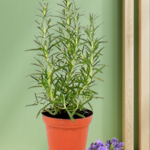

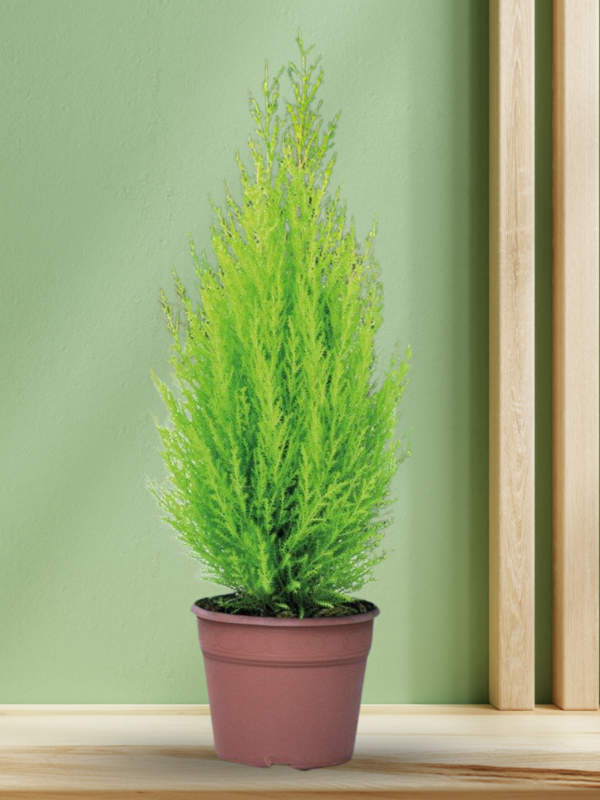
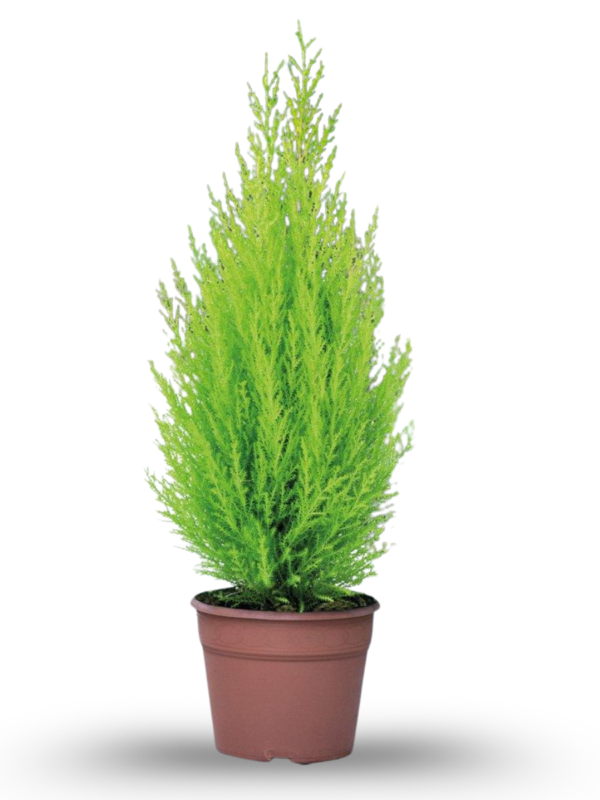
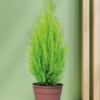
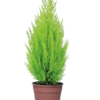

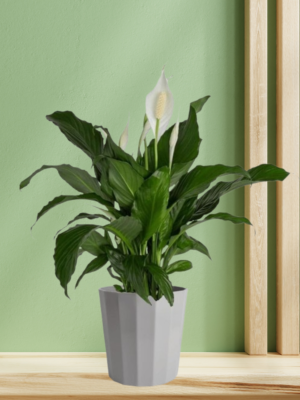
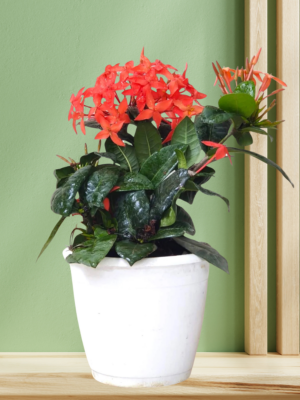
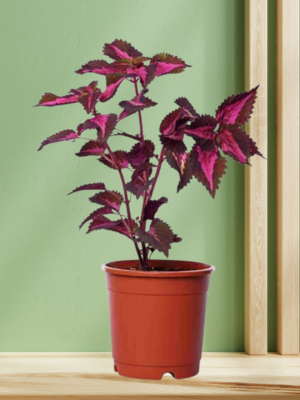
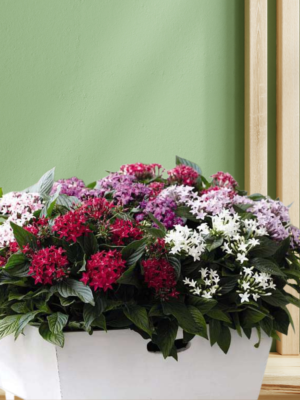 Pentas Plant
Pentas Plant 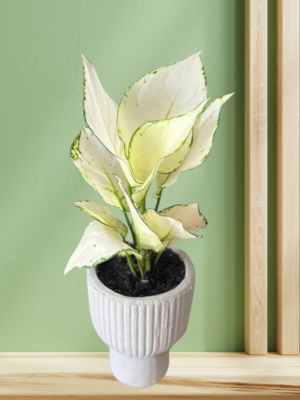 White Aglaonema
White Aglaonema
Reviews
There are no reviews yet.